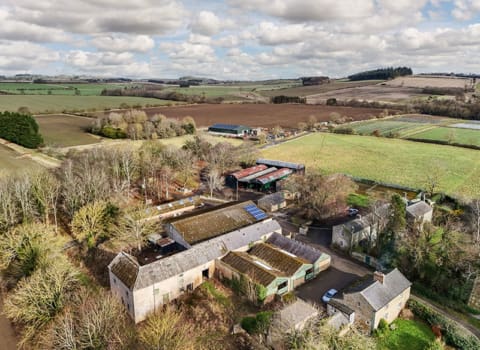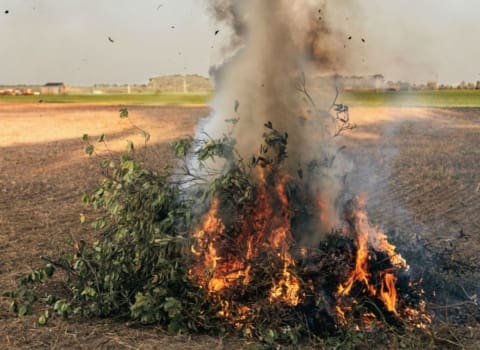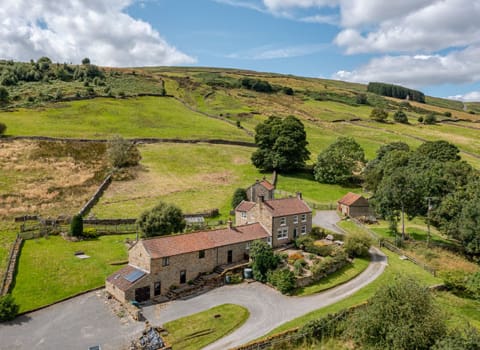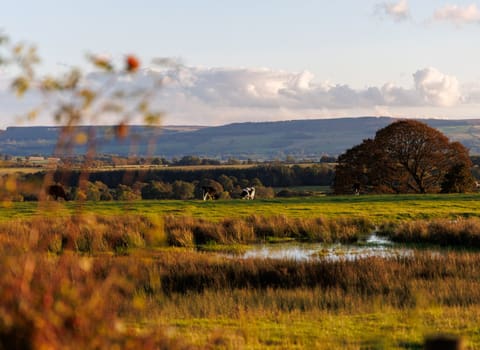Contact our offices
Main office
COLBURN
5 & 6 BAILEY COURT
COLBURN BUSINESS PARK
RICHMOND
NORTH YORKSHIRE
DL9 4QL
Estate Agency Offices are located in
BARNARD CASTLE, BOROUGHBRIDGE & RICHMOND
Residential Management Team
Our Offices
- Alnwick
01665 568310
Email Officealnwick@gscgrays.co.uk - Barnard Castle
01833 637000
Email Officebarnardcastle@gscgrays.co.uk - Boroughbridge
01423 590500
Email Officeboroughbridge@gscgrays.co.uk - Chester-Le-Street
0191 3039540
Email Officechester-le-street@gscgrays.co.uk - Colburn
01748 897630
Email Officecolburn@gscgrays.co.uk - Driffield
01377 337180
Email Officedriffield@gscgrays.co.uk - Hamsterley
01388 487000
Email Officehamsterley@gscgrays.co.uk - Hexham
01434 611565
Email Officehexham@gscgrays.co.uk - Kirkby Lonsdale
01524 880320
Email Officekirkbylonsdale@gscgrays.co.uk - Penrith
01768 597005
Email Officepenrith@gscgrays.co.uk
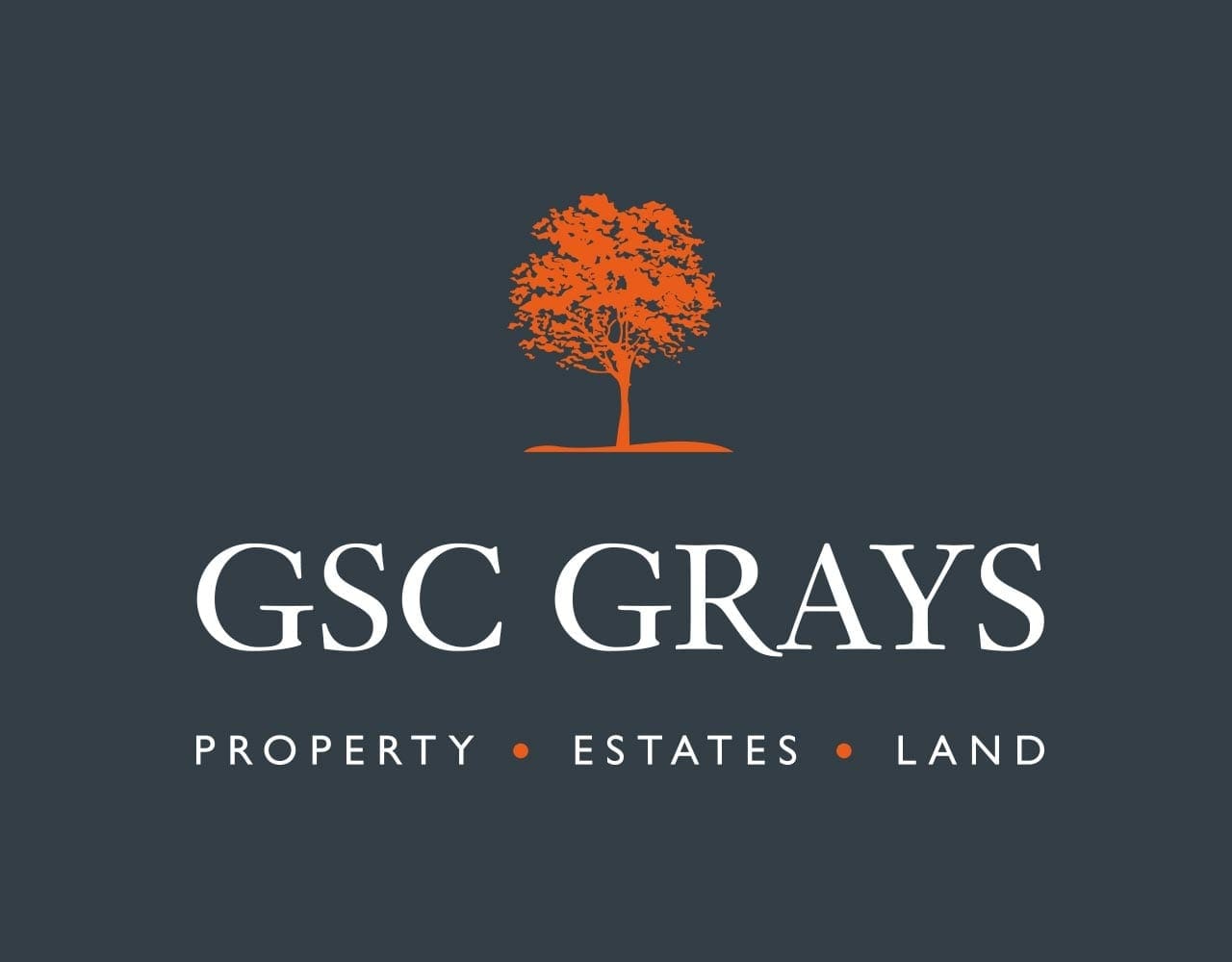
Permanent Grassland- The Highs & Lows
The reform of the Common Agricultural Policy (CAP) is firmly on the horizon for Farmers and Landowners who will be affected by the introduction of the new Basic Payment Scheme (BPS) from the 1st of January 2015.
The current Single Farm Payment will cease as we know it along with many of the definitions used by DEFRA to categorise land types and crops.
For those who have been reluctant to accept that these changes will come into effect, now is the time to understand the definitions that DEFRA will use to process claims under BPS and what the wider implications of these could be to their businesses.
The introduction of BPS is being viewed as anything but basic and has drawn scrutiny from the media.
In recent weeks the media has brought attention to some farmers and landowners who have chosen to plough out Permanent Pasture, as it is known, under the Single Farm Payment scheme fearing they may not be allowed to do this under BPS.
It is important to note at this stage for the purpose of BPS, “Permanent Pasture” will be re-labelled as “Permanent Grassland” and will be defined as:
“Land that is used to grow herbaceous forage that has been included in the crop rotation for five years or more and may include shrubs and trees which can be grazed provided that the grasses and other herbaceous forage remain predominant”
Temporary Grassland under BPS will be classified as:
“Land that has been in grass or other herbaceous forage for less than five years”.
It has wrongly been interpreted that areas which have been classed as “Permanent Pasture” in the preceding years must be retained under BPS.
This is not the case: DEFRA has confirmed the level of “Permanent Grassland” in the UK should not drop below 5% compared to the arable area. This will be monitored on a national level not on a farm by farm level. However, it is important to note that if land has been entered as grass or herbaceous forage on six consecutive SPS/BPS applications, it must be recorded as permanent grassland on the sixth application unless a break crop has been sown in-between applications.
“Temporary Grassland” along with both fallow and cropped areas will count towards the total “arable area” of a holding under BPS.
The greater the “arable area” of a holding, the greater the risk of falling into either the two or three crop rule under the BPS Crop Diversification rule and similarly, the larger the Ecological Focus Area (EFA) one must adhere to.
Those considering ploughing up Permanent Grassland should take note at this point and consider what implications this will have on your total arable area and thus your Crop Diversification and EFA obligations for the 2015 claim year for BPS. Holdings which are currently compliant or exempt from the Crop Diversification and EFA requirements can quickly fall foul as a result of ploughing up grassland.
Some areas have been left to grass for good reason but for others there are still fields which could be brought back into arable production. It is worth remembering that in such circumstances consideration should be given as to whether an Environmental Impact Assessment (EIA) is required.
The Environmental Impact Assessment (Agriculture) (England) (No.2) Regulations 2006 came into force on the 10th of October 2006, with Natural England being appointed as the regulator.
The Regulations cover two types of project for anyone considering bringing land into arable use, but the main ones likely to affect farmers are:
“Uncultivated land projects – These are projects that increase the productivity for agriculture of uncultivated land, or semi-natural areas”.
Most areas of grass can be ploughed out. However, those farmers with parcels of land greater than 2 hectares which have been uncultivated for 15 years or which are defined as unimproved or semi-natural pasture, may have to seek authority from Natural England. There are further restrictions based upon whether your land is within a “sensitive area” such as a National park or a site of Special Scientific Interest (SSSI) and whether it is of any historical importance such as a Scheduled monument as, in such cases, other agencies such as English Heritage would need to be consulted.
It is therefore important to consider any area you intend to cultivate on its own merits and by no means consider the above list as exhaustive. There are often knock on effects of carrying out work to land such as breaching cross compliance rules and any obligations under any agricultural environmental schemes that you may have entered into. Where in doubt, check first with Natural England.
Natural England defines uncultivated land as that which has not being subject to physical or chemical cultivation in the previous 15 years. Physical cultivation includes, but is not limited to ploughing, tine harrowing, discing, drilling, land drainage.
Chemical cultivation includes, but is not limited to the application of fertilisers and herbicides both organic and non-organic or any other soil improver. If in doubt, check with Natural England.
Farmers and landowners who have fields which fall under these regulations are required to submit an EIA application to Natural England who ultimately decide whether this land can be cultivated based on the impact is it likely to have on the environment by doing so. If you are in any doubt as to whether these regulations affect you then professional advice should be sought.
2015 is set to be a tough year for farmers and landowners alike. The key to taking advantage of the new CAP reforms and to prevent falling foul of any regulations is sensible planning and record keeping. GSC Grays provides a range of professional services for those looking to make an application to the new Basic Payment Scheme.
Further guidance on Environmental impact assessments can be found on the Natural England Website: www.naturalengland.org.uk/ourwork/regulation/eia/default.aspx
Alexander Morrison, Assistant Land Agent tel: 01748 829210


